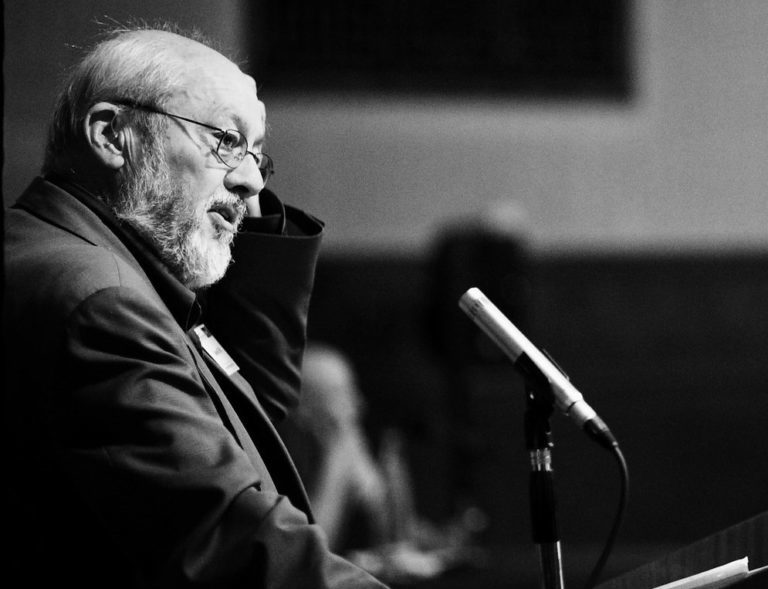Lionel Cliffe Prize 2022 for the Best Undergraduate Dissertation in African Studies

The Leeds University Centre for African Studies is delighted to announce the winner of the 2022 Lionel Cliffe Prize for the best undergraduate dissertation on a topic relevant to African Studies at the University of Leeds.
Having carefully considered several excellent dissertations nominated by supervisors in a range of Schools, the judges were left with a tough decision. In the end, they recommended that the Prize be awarded jointly to two dissertations that each are of a superb quality and originality.
Maya Aziz (School of Languages, Cultures, and Societies – Classics): “Skin Colour in Ancient Greece: The Insertion of a Non-existent Colour Prejudice into Antiquity”
This dissertation, from the refreshing African Studies subject area of the Classics, makes an ambitious argument that classifications of black and white are entirely modern inventions given the absence of colour prejudice in ancient Greece. Thus, representations of Africans in ancient Greek art were not instantly racist, but in fact were routinely positive and taxonomically fluid. The dissertation refuses the idea that 19th century racism projects backwards into the attitudes of the ancient world and pulls together great material to generate a logical story about skin colour and its modern invention. It reads contextually (through environmental theory) to infer what Greek understandings of Africans might have been and derives cultural practice instead of race as the significant marker of difference in the ancient world. The real contemporary impact of this argument is that current far right ideologies relying upon ancient and classical iconography are palpably dislodged, as are similarly pernicious Eurocentric attitudes to the Classics. In short, this is a decolonization of the Classics, and the use of Classics scholarship to decolonize.
Kerry Pearson (School of History): “Combining Old Values with New: The Breakdown of Political Relationships in Colonial Bunyoro, Uganda”
This is a carefully written, rigorous and well-researched piece of historical scholarship that musters numerous primary sources to reveal the political disenfranchisement, the economic impoverishment and the erosion of governance institutions of the Banyoro. The dissertation focuses on the political transformations in Uganda across several periods. It brings together an impressive set of literature to reflect on representation, security, livelihoods and political and historical relations vis a vis erosion of governance institutions of the Banyoro. There was a sustained and well-crafted focus on infiltrations of Western norms and institutions such as liberal democracy and capitalism in non-western regions like Africa, which historically rejected individual values. This infiltration, the dissertation posits, includes legacies reflective of the cracks in Uganda: elections, gatekeeper politics, ethnic disputes and president for life. This was an outstanding, meticulously researched paper.
Congratulations to Maya and Kerry, and to their respective supervisors, Dr Owen Hodkinson and Professor Shane Doyle!
Lionel R. Cliffe (1936–2013) was Professor of Politics at the University of Leeds, and a founding member of what became the Leeds University Centre for African Studies (LUCAS) and of the journal Review of African Political Economy. A prolific and internationally recognised scholar, his work focused on the struggle for land rights and freedom in Africa. In 2002, the African Studies Association of the UK marked his career with the Distinguished Africanist award.
